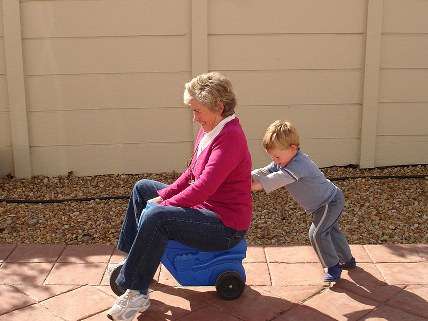Marian Tupy on a New Website Documenting Human Progress

For most of human history, life was very difficult for most people. People lacked basic medicines and died relatively young. They had no painkillers and people with ailments spent much of their lives in agonizing pain. Entire families lived in bug-infested dwellings that offered neither comfort nor privacy. They worked in the fields from sunrise to sunset, yet hunger and famines were commonplace. Transportation was primitive and most people never traveled beyond their native villages or nearest towns. Ignorance and illiteracy were rife. The "good old days" were, by and large, very bad for the great majority of humankind. Since then, humanity has made enormous progress—especially over the course of the last two centuries. That's not to say, writes Marian Tupy, that the world is a perfect place. As long as there are people who go hungry or die from preventable diseases, there will always be room for improvement. To that end, we all have a role to play in helping the destitute in our communities and beyond. Human Progress documents the improvements that have been made, and those yet to come.


Show Comments (0)